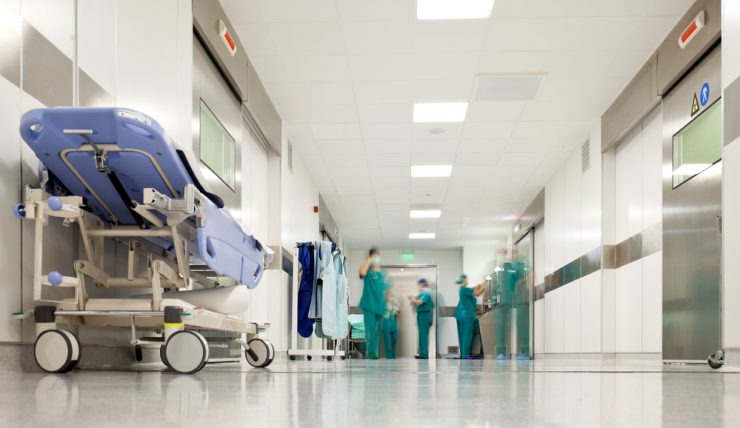Heart Disease
High blood pressure could cause a variety of diseases like heart attack, stroke, blood clot, or aneurysm (a burst or swollen blood vessel).
Kidney Disease
High blood pressure can hinder the tiny blood vessels in the kidneys from functioning properly. This could cause varied symptoms like:
Tiredness.
Swollen hands, feet or ankles (due to retention of water).
Shortness of breath.
Blood or protein in urine.
Increased frequency of urination.
Itchy skin.
Kidney disease is curable with a number of medicines as well as dietary supplements. More severe cases might need dialysis (a process where the waste products from the body are removed).
Diagnosis of High Blood Pressure.
A sphygmomanometer is a device used to measure blood pressure. This devise has a mercury scale and has cuff which is inflatable.
The cuff is inflated to stop the blood flow in the arm before being released slowly. The blood pressure is checked using a stethoscope, listening to the pulse. How the pulse reacts when the cuff is slowly released helps in measuring the blood pressure with the help of the mercury scale.
Some general practitioners use digital sphygmomanometers to check pulse with the use of electrical sensors. Blood pressure test kits are also available commercially.
Checking Blood Pressure
One elevated reading may not essentially mean high blood pressure. Blood pressures fluctuate during the day and a stressed or an anxious state also leads to increased blood pressure. So, it is mandatory for your general practitioner to take many readings over a month to check for consistency.
Urine tests and blood tests are done to check for conditions which could cause high blood pressure, like kidney infection.
Prevention of High Blood Pressure
The easiest way to prevent high blood pressure is to eat healthy, exercise, avoid smoking, and drinking alcohol moderately.
Diet:
Include fresh fruits and vegetables along with whole grains in your diet.
Limit salt intake to 6 g (0.2 oz) a day as more salt intake increases blood pressure.
Avoid foods rich in saturated fat as this would increase the cholesterol level, which is a risk factor for heart disease. Some foods rich in saturated fat are
Sausages.
Meat pies.
Butter.
Lard.
Ghee.
Cakes/biscuits.
Foods containing coconut or palm oil.
On the other hand, foods rich in unsaturated fat can decrease cholesterol level.
Avacados.
Nuts, seeds.
Oily fish.
Sunflower, olive, and rapeseed oil.
Weight
Obesity and being overweight are high risk factors for high blood pressure.
A scientific way to measure the weight is by means of Body Mass Index or BMI, which is simply weight by height in the metric system. BMI between 25 to 30 is overweight and over 30 obese. A BMI score of 40 and more is morbidly obese.
The best way to tackle obesity is to check the amount of calories you eat and ensure you regularly exercise.











